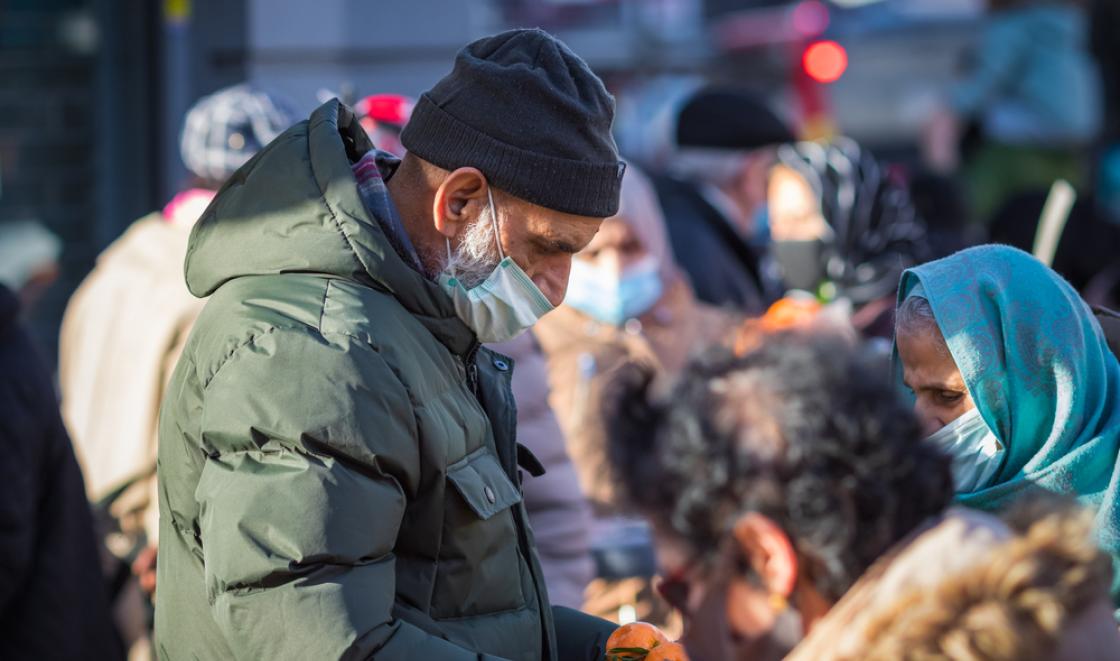How the project will be carried out
The study will explore the health and wellbeing of ethnic communities and faith groups during and post the Covid-19 pandemic. Participants will be invited to complete a series of online surveys at five time points (baseline, 1, 3, 6, and 12 month follow up assessments), followed by an annual assessment over the duration of five years.
Study questions will be based on the following topics:
- Covid-19 (including the impacts of the pandemic)
- Mental and physical health
- Quality of life
- Dementia and research awareness
Participants will also have the opportunity to join the study Public and Patient Involvement (PPI) group. The PPI group will meet and hold discussions regarding the study, care needs, key gaps in research and how the study may help to address some of the key health needs highlighted. Public and patient involvement groups will take place online using the Zoom or Teams platform.
Potential benefits of the research
This study will help us to better understand the health and well-being of ethnic communities and faith groups. Additionally, it will help to bridge the gap between research and underserved communities, whilst developing a long-lasting participant-research rapport.
Additionally, the study will help us to understand information on psychological impacts (quality of life, loneliness and mental health), Covid-19/health related support and coping strategies within these cohorts. The project will also provide validated supportive information on how to cope better during this pandemic.
The project hopes to contribute towards improving dementia knowledge, representation of ethnic communities within research and enabling them to access help for memory services in timely manner. The project will also provide valuable feedback to research teams to help with future engagement across all communities.



